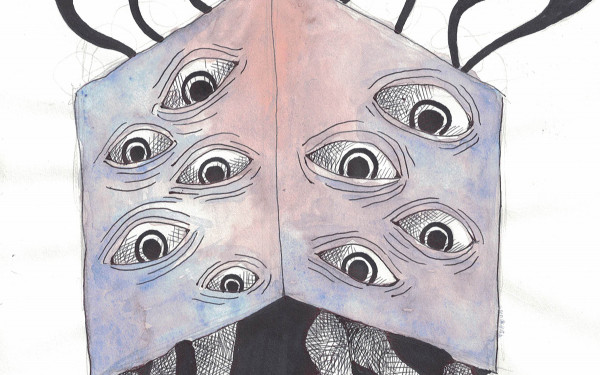Allegations of Cliquism and Discrimination in One of Quebec’s Student Federations
ASSÉ Committee Resigns, Cites Lack of Inclusiveness
On Feb. 1, the Association pour une solidarité syndicale étudiante’s three-member Comité aux luttes sociales, a committee for social struggles, resigned en masse with the publication of an open letter to federation members outlining ASSÉ’s shortcomings—most notably a lack of ethnic and linguistic inclusiveness.
The letter describes ASSÉ as an overly hierarchical organization rife with top-down pressures and riddled with cliquism, where anglophones, allophones and “racialized” members are made to feel like outsiders.
“Despite the social justice values put forth by ASSÉ, its structures make it difficult for [ASSÉ] to embody these values,” the letter reads in French. “Although we believe [that] ASSÉ […] has the potential to accomplish great things, for us the honeymoon is over.”
Authors Myriam Tardif, Rushdia Mehreen and Beatriz Munoz identify themselves as “persons of diverse origins and languages.” They say that “relationships of dominance” were present when the organization interacted with “racialized” members of the committee.
“Our impression was that white people on the [social struggles] committee were addressed with priority,” the letter reads. “Racialized members of the social struggles committee were systematically hesitant to go to the Conseil de Coordination [coordinating council].”
The letter also hints that non-white, non-francophone ASSÉ members are prevented from moving up in the organization.
“Why don’t we see racialized students at the congress and in other ASSÉ events and activities?” it asks. “The experience of racialized/non-francophone people on the social struggles committee and other students we know leads [us] to think that there may not be many opportunities for [these students].”
The letter, which also complains of ASSÉ’s hierarchical structure, ends with a list of recommendations to make ASSÉ more inclusive.
In an email to The Link, Mehreen explained her committee’s decision to share the letter.
“The resignation turned out to be public because the text in it also served as the reflection text for the Orientation Congress of ASSÉ,” she said.
Mehreen also elaborated on her decision in a post on her personal blog.
Asked about the letter’s allegations in a Feb. 4 interview, ASSÉ executive member Jérémie Bédard-Wien told The Link that he thought the letter “contributes to a healthy debate within ASSÉ,” adding that the letter would be discussed during the organization’s orientation congress in March.
“I think many of the remarks made by the Comité aux luttes sociales are right, and we must work towards making ASSÉ a more inclusive association,” said Bédard-Wien. “That will be done from the inside, certainly. It is sad to see them go for that reason.”
“We’re not threatened by these comments—we’re an open association,” he continued.
“We think that if some people don’t see us as inclusive, then we must improve that and make sure […] that the problems encountered by the Comité aux luttes sociales are not replicated in the future.”
When asked about the letter’s insights on ASSÉ’s hierarchical nature, Bédard-Wien replied, “The strike, obviously, had a very high rhythm. Many debates were, sadly, put aside to concentrate on the daily goings of the strike. Now we have the time for these debates to be held.”
Bédard-Wien responded to previous charges of racism within the Quebec student movement in a Dec. 1 article on Rabble.ca, saying, “Challenging racism within and outside is not our movement’s forte: I have no trouble admitting that we have a lot to learn.
“However, to discount general assemblies or, more generally, structural change on that basis is […] a political smokescreen used to draw attention away from […] debates about direct democracy.”

_900_600_90.jpg)

_600_375_90_s_c1.jpg)


